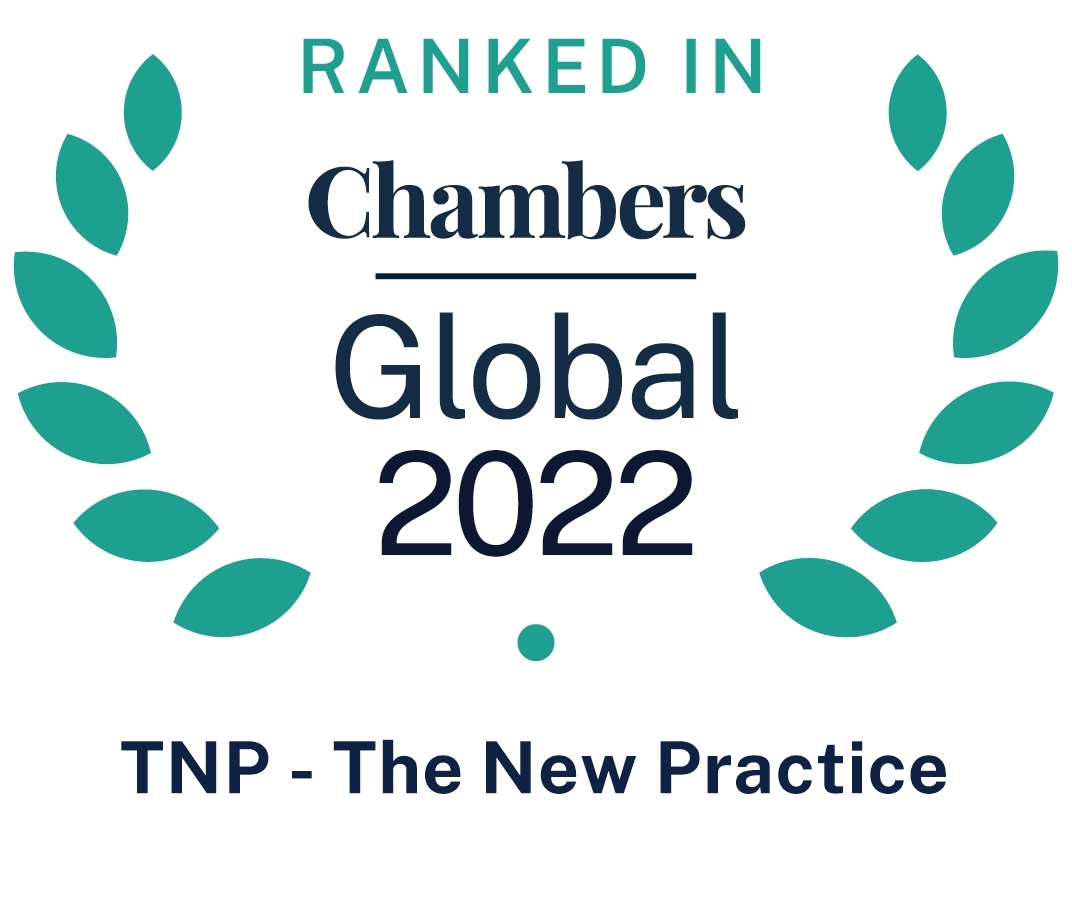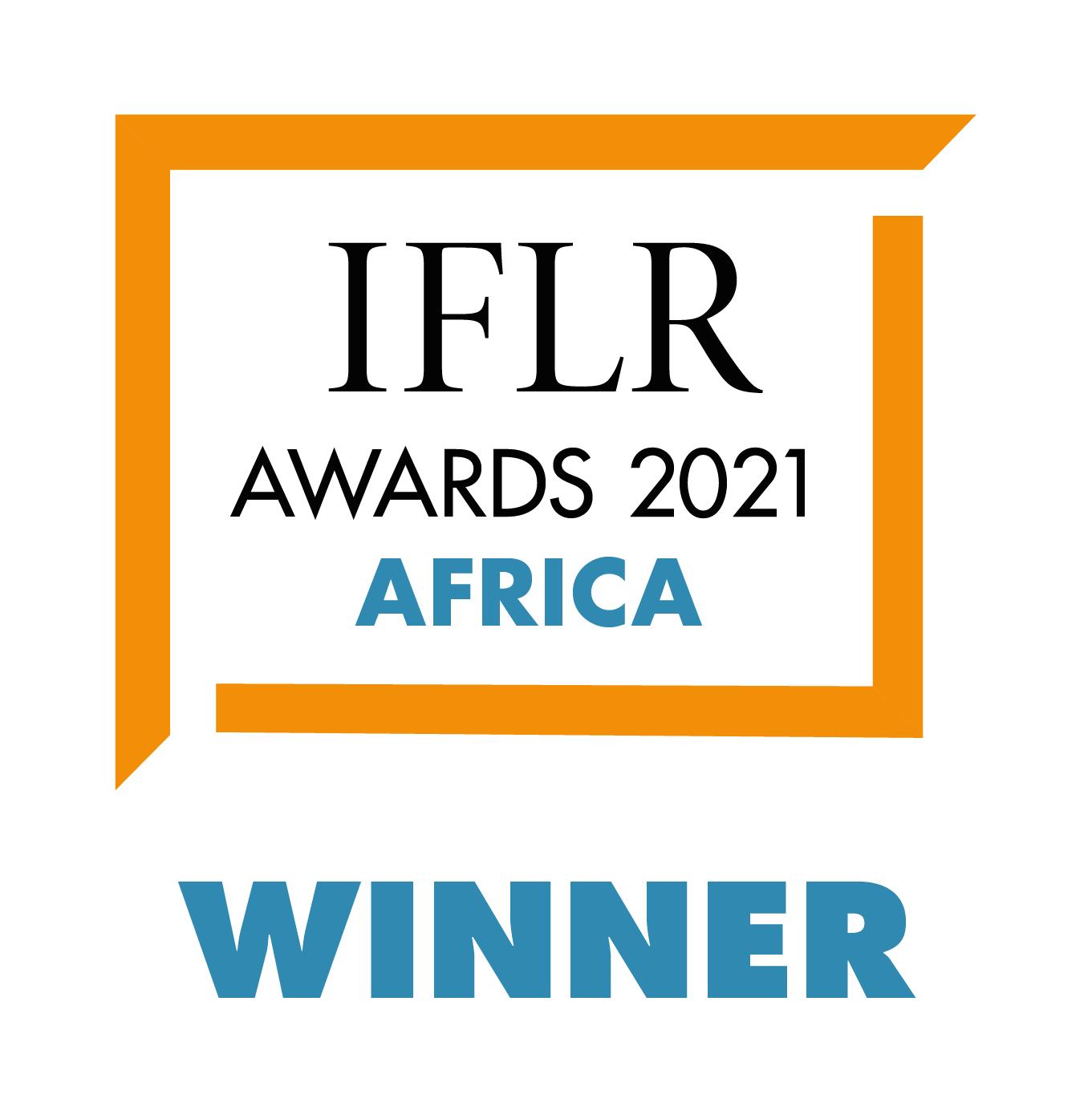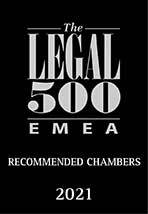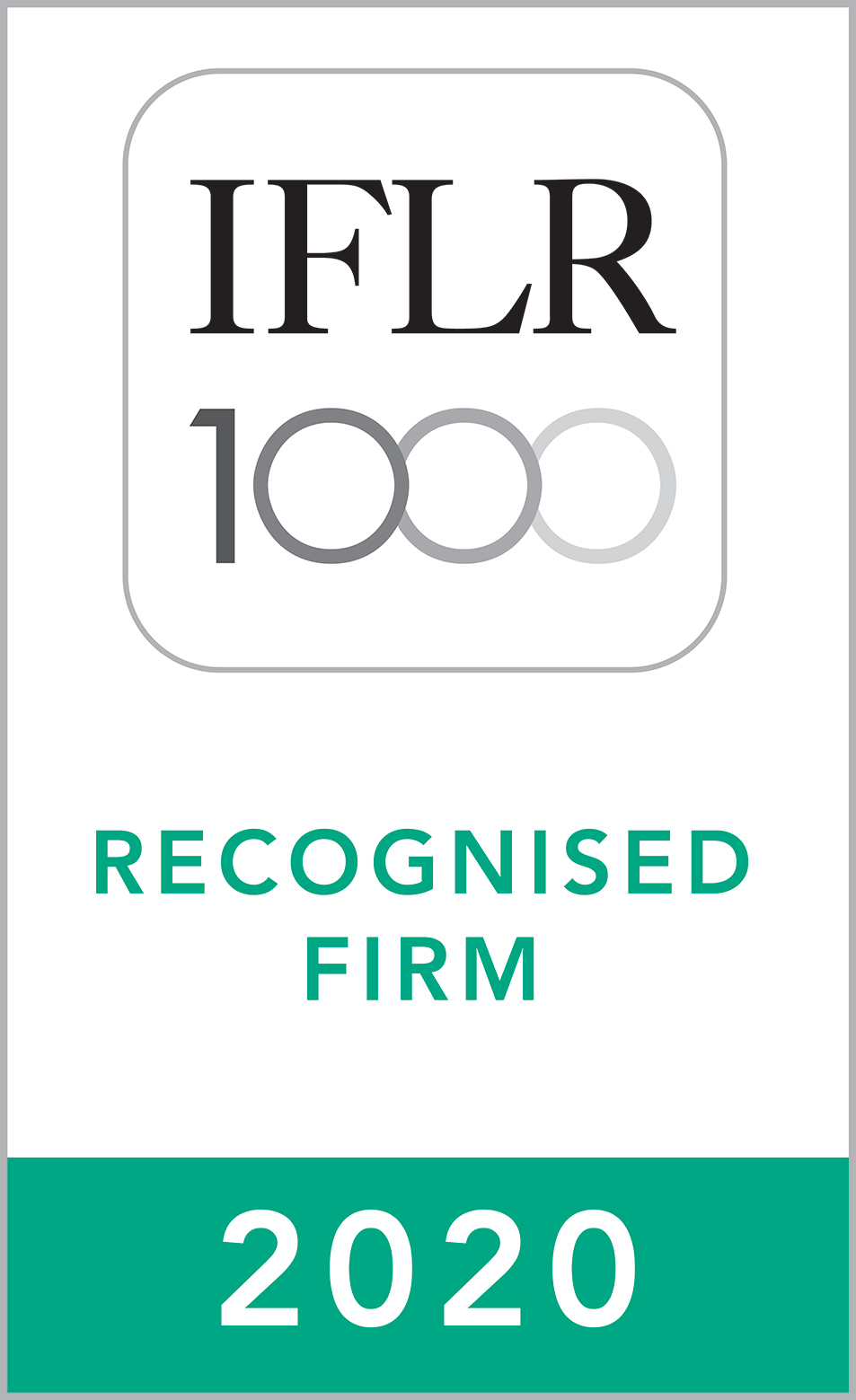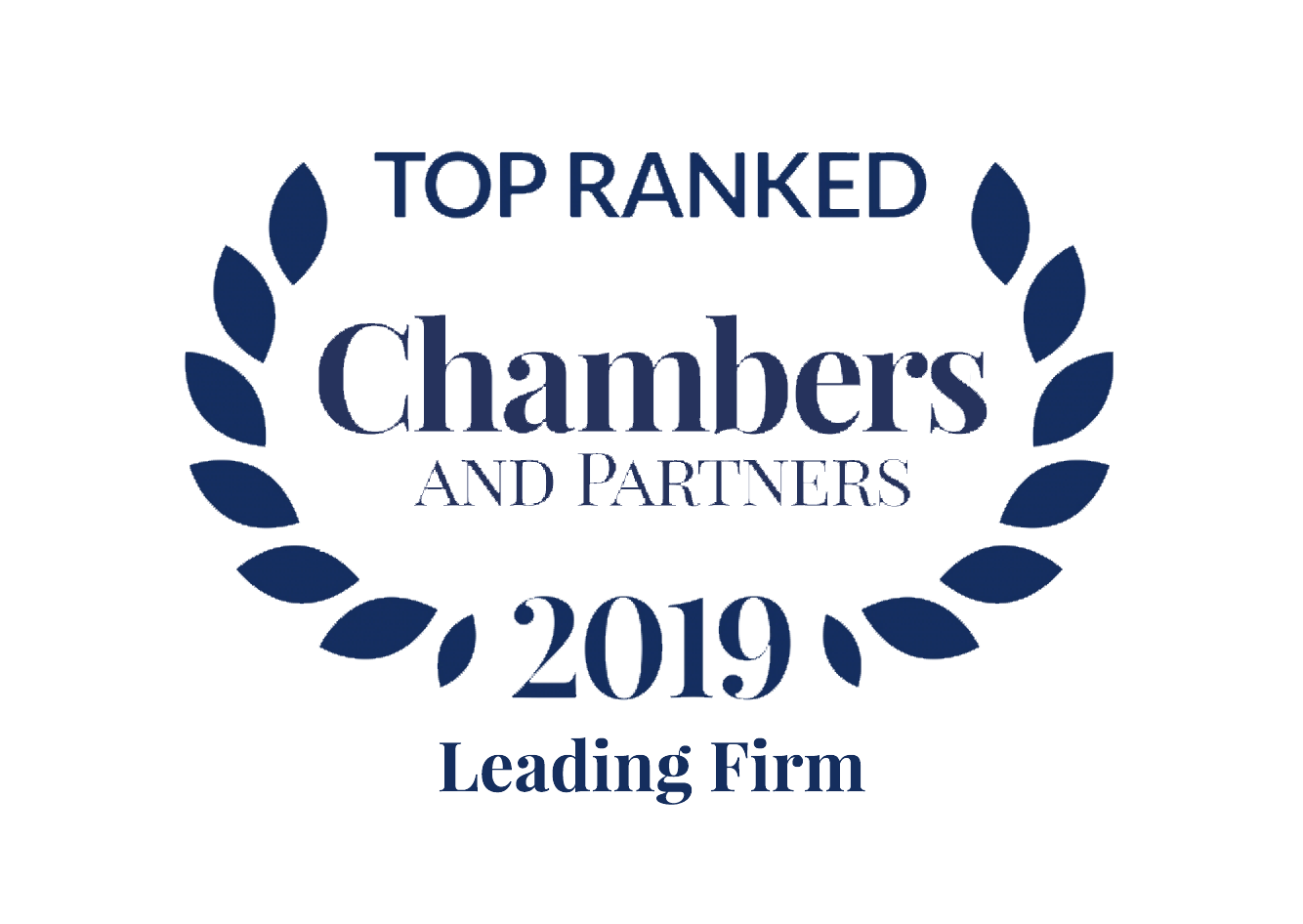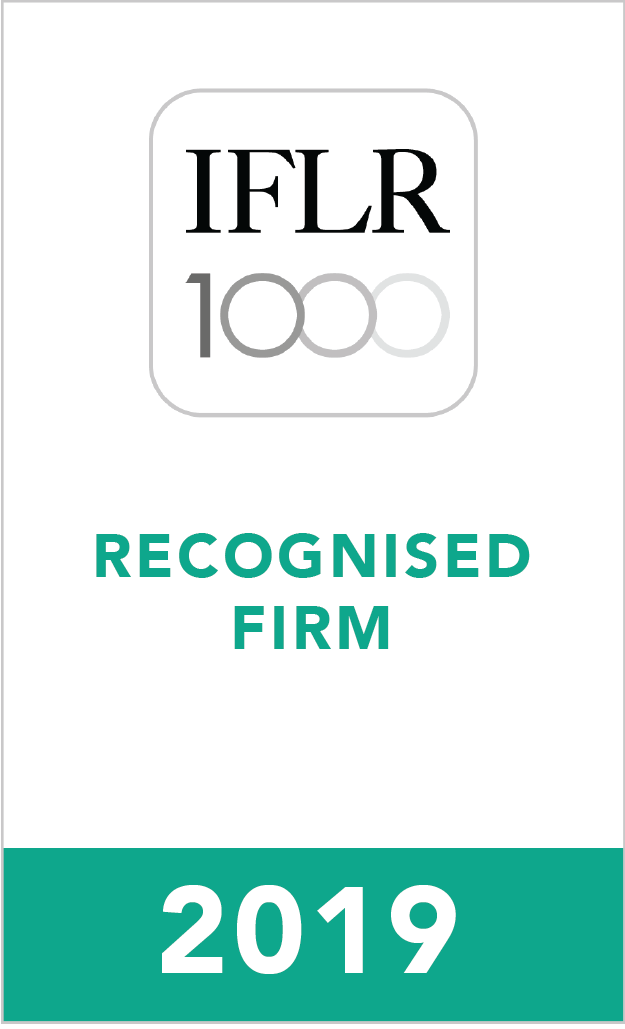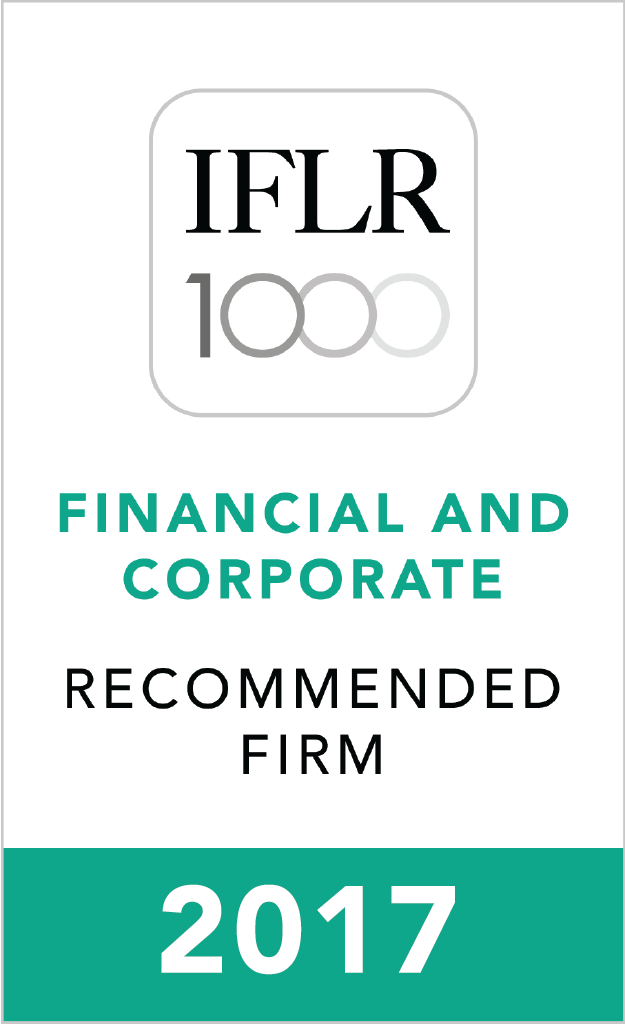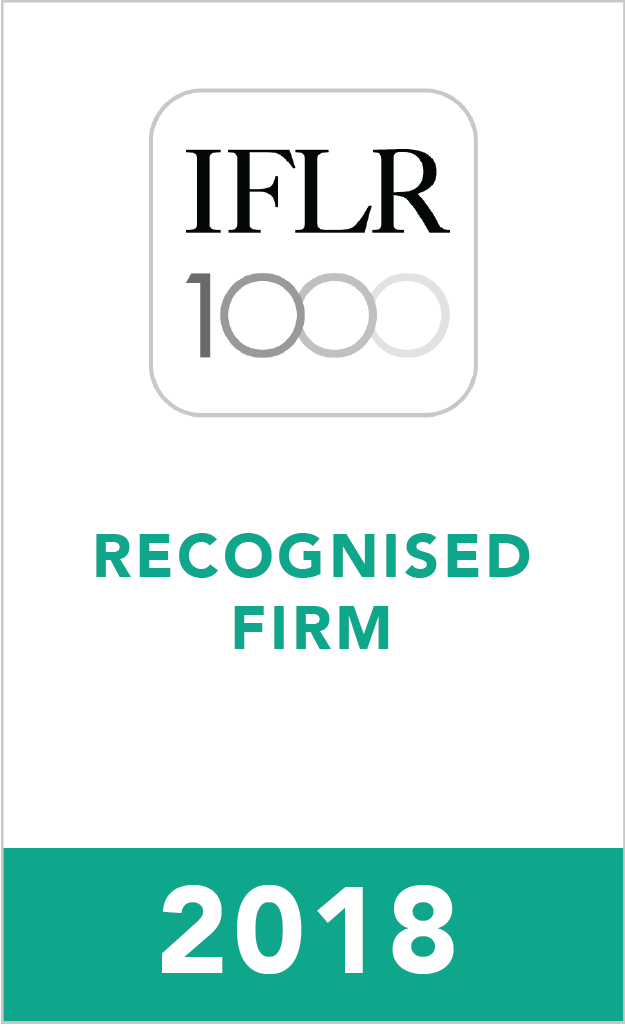Introduction
On 21st July 2025, the Federal Competition and Consumer Protection Commission (“FCCPC”, the “Commission”) in a bid to strengthen its regulatory oversight on Consumer Lending Services[1] introduced the Digital, Electronic, Online, or Non-Traditional Consumer Lending Regulations 2025 (the “Regulations”).
The Regulations seek to address the rapid growth of digital and non-traditional lending platforms in Nigeria. It further builds on the Commission’s earlier efforts to curb unethical and predatory practices in the digital lending ecosystem, through the issuance of the Limited Interim Regulatory/Registration Framework and Guidelines for Digital Lending in 2022 (the “Interim Guidelines”). The Regulations expand on those measures by providing a comprehensive framework for consumer lending transactions involving cash, airtime, data, and other forms of verifiable monetary value, while also setting out clear rules on registration, consumer protection, and sanctions for non-compliance or unethical conduct.
This article highlights the key provisions under the Regulations and examines their implications for operators, investors, and consumers in Nigeria’s evolving lending landscape.
Key Provisions of the Regulations
Scope and Applicability of the Regulations
The Regulations apply broadly to all forms of unsecured consumer lending transactions conducted through digital, electronic, online, or non-traditional channels where a return, whether monetary or otherwise, is expected.
The scope now extends beyond cash loans to include other forms of credit facilities which may be provided in the form of airtime and data from mobile telecommunication service providers, cashback services or barter, provided such transaction involves a specific or verifiable monetary value, notwithstanding how the value or interest component is calculated or derived. Additionally, the Regulations also apply to lenders, service providers[2], vendors, partners, or collaborators –– whether individuals or corporate entities who are involved in the lending process or derive profit or a share of the revenue generated from it.
As such, digital money lenders, mobile money operators, telecommunications companies, and issuers of non-cash credit arrangements and barter-based lending schemes[3]targeted at consumers are now subject to the Regulations, including individuals and businesses engaged in lending activities to consumers in Nigeria[4]. While the Regulations also apply to businesses in regulated sectors ( and acknowledges the supervisory powers of their respective industry regulators under existing laws), it exempts banks and other financial institutions licensed under the Banks and Other Financial Institutions Act, 2020 from the scope and registration requirements introduced under the Regulations[5].
The Commission’s Approval to Provide Consumer Lending Services
The Regulations introduce an approval system making it necessary for lenders and service providers to secure prior approval from the Commission before providing Consumer Lending Services. As such, any lender or service provider who wishes to provide Consumer Lending Services is required to apply to the Commission for approval[6].
Applicants are required to provide along with a formal application, a copy of the consumer lending services agreement, and the applicant’s operating licence issued by the relevant sector regulator, where applicable, their certificate of incorporation, constitutional documents, and detailed profiles of their board members, along with a list of shareholders and ultimate beneficial owners. In addition, the application must include the standard terms and conditions governing the lending services, as well as evidence of the applicant’s financial capacity to support the lending operations which may be demonstrated through its audited financial statements or lending arrangements with third-party financiers.
The application process requires the payment of a non-refundable application fee of N100, 000.00 (One Hundred Thousand Naira)[7] and a registration fee of N1, 000, 000.00 (One Million Naira). For Digital Money Lenders, this fee entitles them to the initial registration of two (2) Apps, while an additional fee of N500, 000.00 (Five Hundred Thousand Naira) is payable for each extra App, up to a maximum of five (5) Apps[8]. The registration fee also applies to Mobile Money Operators that offer Consumer Lending Services in form of airtime or data advances.
Entities that were already providing Consumer Lending Services before the Regulations took effect are required to regularise their status by obtaining approval from the Commission by 19th October 2025.
Approvals procured from the Commission are only valid until 31st December of the third year after issuance and must be renewed by 31st March of the following year. Consequently, the approval shall be renewable every thirty (36) months subject to payment of the prescribed annual levy of N500, 000.00 (Five Hundred Thousand Naira), compliance with any directives issued by the Commission, and the entity’s satisfactory performance as determined by the Commission[9]. Any approval that is not renewed after the expiration date is deemed expired.
Partnerships under the Regulations
The requirement to obtain the Commission’s approval applies not only to standalone operators but also to those delivering Consumer Lending Services through collaborations such as joint ventures, strategic alliances, partnerships or fee-sharing arrangements. As such, any undertaking partnering with another for the purpose of providing Consumer Lending Services can procure approval from the Commission after meeting the necessary pre-conditions[10].
The Regulations further provide that where an entity operating in a regulated industry seeks to collaborate with an entity that is not regulated by that industry’s regulator, such collaboration is prohibited if it involves sharing revenue or profit derived from lending activities, unless the parties enter a mutual Consumer Lending Services Agreement or other service level agreement and jointly apply to the Commission for approval.
It is important to note that once the Commission’s approval has been granted, any subsequent modification, amendment, or novation of a Consumer Lending Services Agreement must similarly be submitted to the Commission for approval.
Disclosure and Transparency
In a bid to promote transparency and enhance disclosure, the Regulations mandate disclosure on all Consumer Lending Services and that all lenders and service providers are to:
- disclose the terms (including interest rates, repayment terms and fees) of the Consumer Lending Service to consumers in simple English language before completion of any transaction;
- display accurate and up to date information on lending rates, costs, and charges for the use of the Consumer Lending Services;
- notify consumers on the specific terms and conditions for Consumer Lending Services and any changes that may affect the terms of service;
- treat consumers equitably and fairly;
- conduct business in a professional and ethical manner;
- ensure its websites, applications, platforms or other information dissemination channels are functional and regularly updated;
- contents of advertisements shall be factual and unambiguous without any offensive, misleading or deceptive contents; and
- comply with applicable laws and restrictions including the Federal Competition and Consumer Protection Act, Nigerian Data Protection Act 2023, and the Nigerian Communications Act 2003.
Reporting Obligations
Lending service providers upon registration with the Commission, are subject to reporting and record-keeping requirements which include: maintaining accurate and comprehensive records of all lending activities, consumer transactions, interest and fees charged, as well as consumer complaints and their resolution; submitting biannual reports to the Commission; filing annual returns with the Commission no later than 31 March of each year; and promptly notifying the Commission or relevant sector regulator of any regulatory breaches, legal disputes, or significant operational issues that may arise.
Penalties for Breach of the Regulations
The Regulations establish a stringent enforcement framework to deter violations and promote accountability within the digital lending sector. Non-compliance with the provisions of the Regulations carry consequences, which reflect the Commission’s determination to instill discipline and safeguard consumer interests.
For corporate bodies, a defaulting entity may be subjected to a fine of up to ₦100,000,000.00 (One Hundred Million Naira) or 1% of its annual turnover, whichever is greater. On the other hand, natural persons may be liable to pay fines of up to ₦50,000,000.00 (Fifty Million Naira). Each director of a company found to be in breach of the Regulations may be disqualified from serving on the board of any company for a period of up to five (5) years.[11]
Conclusion
The Digital, Electronic, Online, or Non-Traditional Consumer Lending Regulation, 2025 marks a decisive step in reshaping Nigeria’s consumer credit framework. By introducing clear approval requirements, robust disclosure standards, detailed reporting obligations, and stringent sanctions for non-compliance, the Regulations provide a comprehensive structure for the supervision of digital and non-traditional lending services.
For operators, the Regulations raise the bar on governance and compliance, requiring careful review of partnership structures, consumer contracts, and internal controls. For investors, the Regulations reduce regulatory uncertainty by clarifying the rules of engagement and promoting a more transparent and accountable operating environment. For consumers, it represents a significant enhancement of protection, transparency, and fairness in an industry that has historically been associated with predatory practices.
[1] Regulation 30 defines Consumer Lending Service as the lending to a consumer of cash which include cashback service, barter in exchange for specific or verifiable monetary value regardless of how value or interest component is calculated or derived, provided that such transaction occurs by digital, electronic, online or non-traditional means.
[2] Lenders/Service Providers mean any entity licensed by ministries, departments, agencies or other regulatory bodies to provide Consumer Lending Services but does not include a bank or financial institution.
[3] Examples include telecommunication companies such as MTN Nigeria (XtraValue and XxtraTime) and Airtel Nigeria (Airtel Credit Loan), which offer airtime and data advance services and Buy-Now Pay Later (BNPL) or digital credit platforms such as Carbon and Specta, which provide goods or services on deferred payment terms rather than direct cash loans.
[4] Regulation 4(b) and (c).
[5] Regulation 30 – See definition of “Lenders/Service Providers”. Please note that entities licensed by the Central Bank of Nigeria as Microfinance Banks are required to apply for a waiver from the Commission – Schedule 5 of the Regulation.
[6] Regulation 12 (1).
[7] Regulation 15 (1).
[8] Regulation 15 (2a & 2b).
[9] Regulation 16 (3).
[10] Regulation 10
[11] While the Regulations prescribe these penalties, recent court decision suggests that the power and competence to impose penalties and fines is the exclusive preserve of the court pursuant to the provision of the Constitution. As such the Commission’s power to impose such penalties and fines is contestable.




